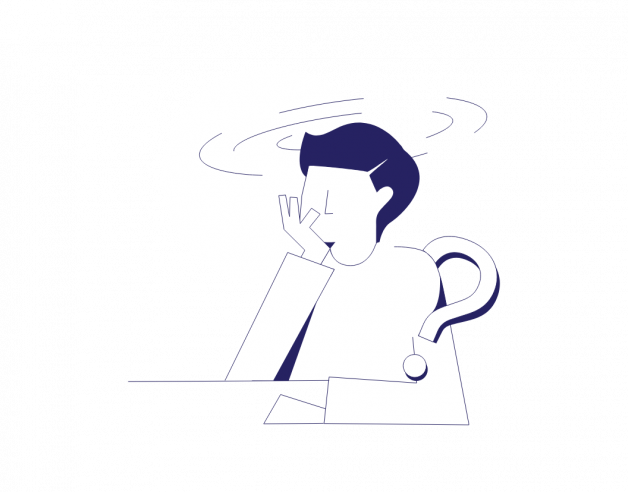
- 3-minute read
- 22nd March 2023
Are Grammar and Spelling the Same Thing?
Some people mistakenly think that spelling is the same thing as grammar. That confusion is understandable because spelling and grammar are both essential elements of language.
To illustrate how those elements differ, let’s consider this simple sentence:
This sentence is grammatically correct, and the words are spelled correctly. So the sentence is simple to understand, and the writer’s meaning comes across.
Now let’s mess up the sentence in different ways.
Right Order but Wrong Spelling of the Right Words
If you read this version of the sentence out loud, it will sound fine. But when you write the sentence down, it will look odd. The reason is that the grammar of the sentence is correct, but the spelling is flawed.
Right Order, Right Spelling, but Wrong Word(s)
Again, when you read this version aloud, it may sound okay. An automatic spellchecker may not detect the highlighted word, however, because it’s a real word. The issue is still spelling, though, because you’d be using the wrong spelling of the word you need for the sentence to make sense.
Right Order, Right Spelling, but Wrong Word Form
A spellchecker may not flag any of the words in this version of the sentence, and looking at them written down, you may not immediately notice a problem – indicating that they’re all correctly spelled.
However, read them aloud, and you’ll hear that the sentence sounds odd. The highlighted word is the correct verb, but it’s in the wrong form of that verb. This is a grammar issue.
Find this useful?
Subscribe to our newsletter and get writing tips from our editors straight to your inbox.
Right Words in the Wrong Order
To not quite quote the late Eric Morecambe, all the right words are here (and they are spelled correctly), just not necessarily in the right order. You may skim over this sentence when you’re reading what you’ve written, but read it out loud, and the problem becomes clear. This is a grammar issue.
Right Words, Unintended Meaning
Here, all the words are in their correct verb forms and are spelled correctly. And the sentence may not immediately sound wrong when you read it. But if you read it aloud to someone else, they might hear that your cat has eight legs. Putting the phrases of a sentence in the wrong order in this way (and thereby creating a dangling modifier) is a grammar issue.
To Sum Up
Spelling and grammar, although we often lump them together, are vital but different aspects of language. To tell which aspect you may need to address, remember this:
● If it sounds odd (to you or to someone you read it to), then it’s most likely a grammar issue.
● If it looks odd, then it’s most likely a spelling issue.
Proofreading your work and having a dictionary on hand are always good ideas. Reading aloud, as you’ve observed in this post, can also help you identify grammatical errors that may otherwise have slipped your attention.
If you still need assistance, though, we have a team of experts in both spelling and grammar available 24/7. You can even try our service for free!






